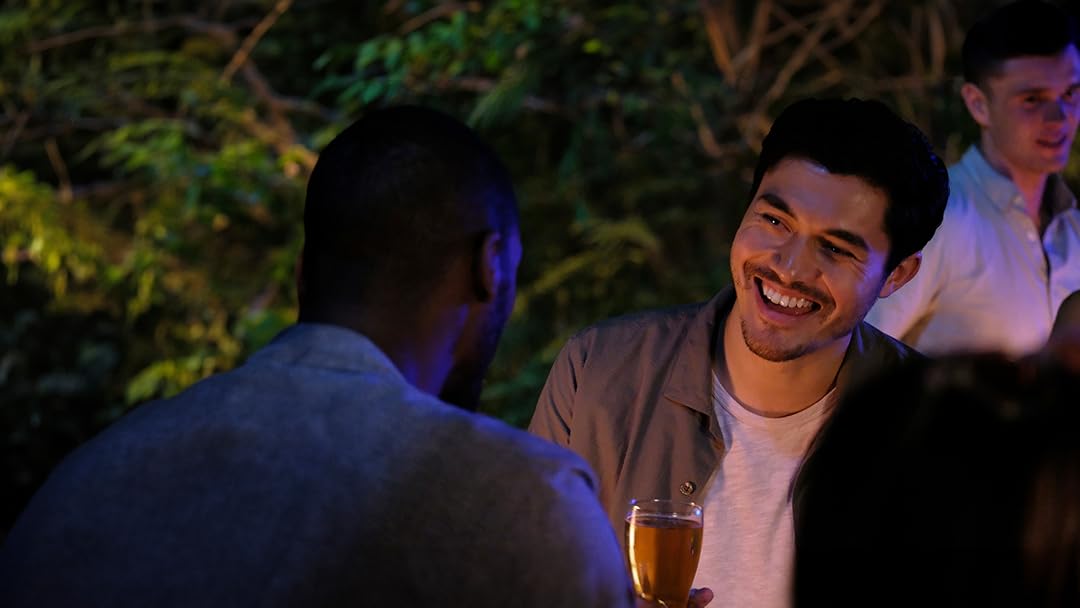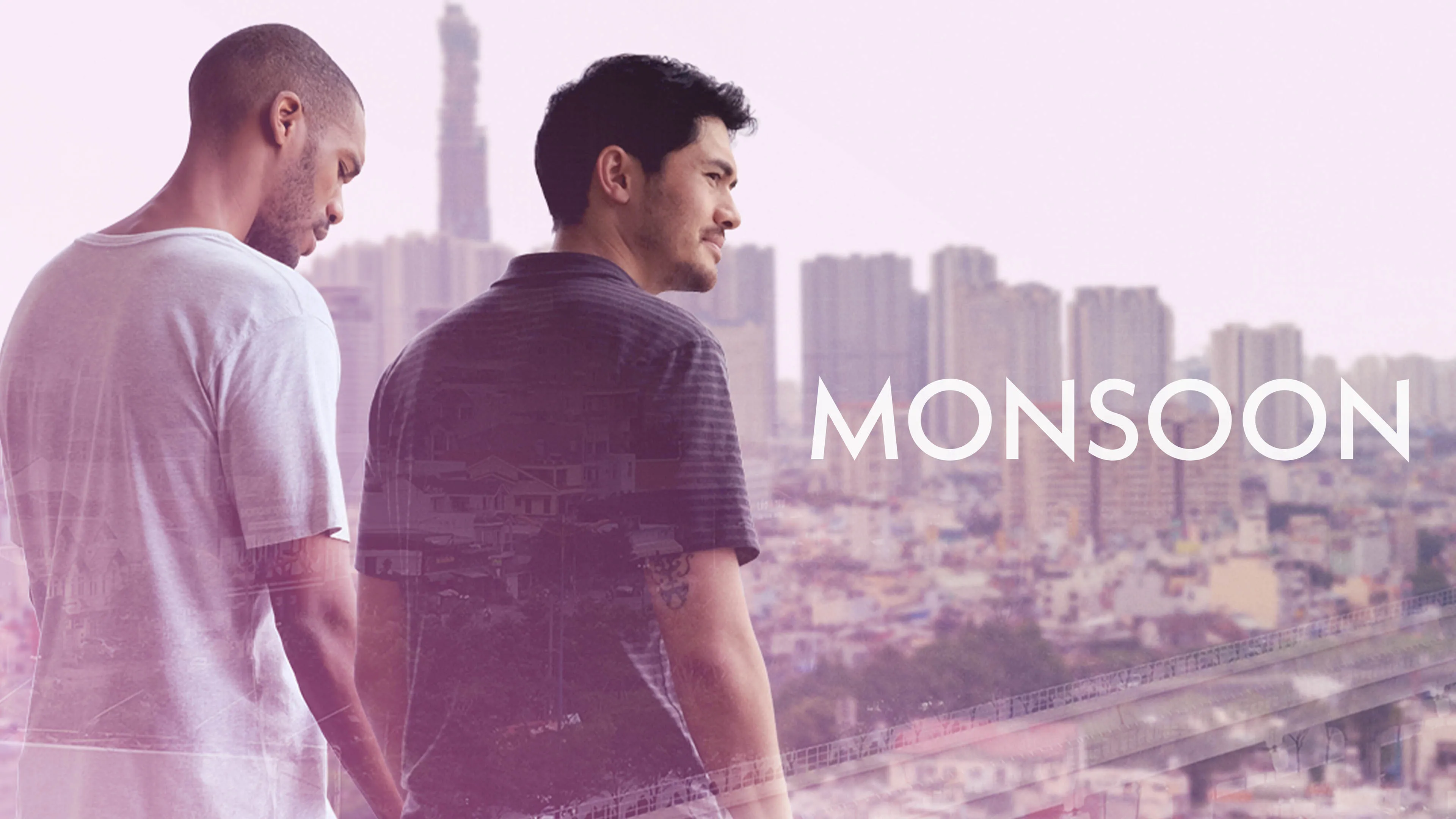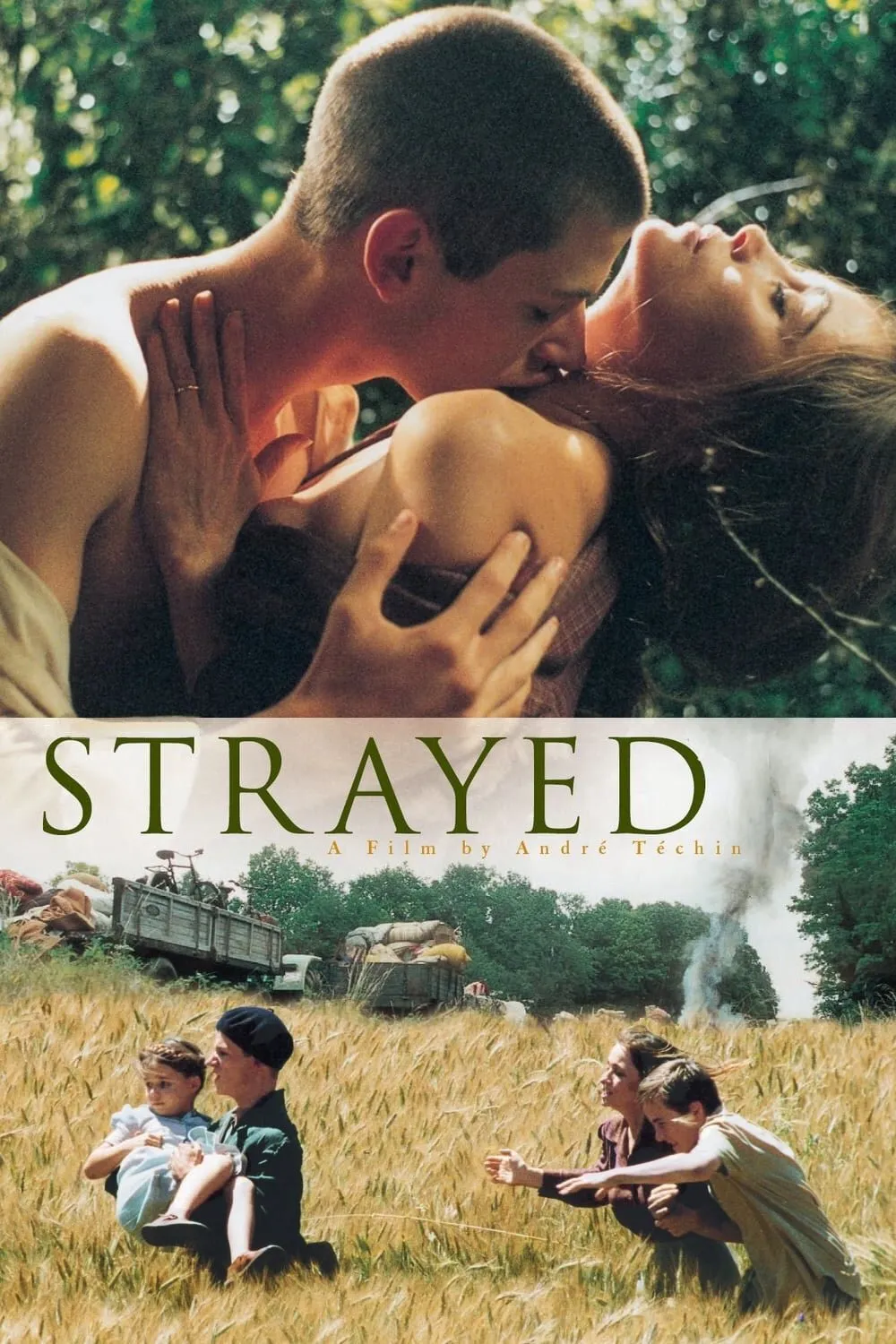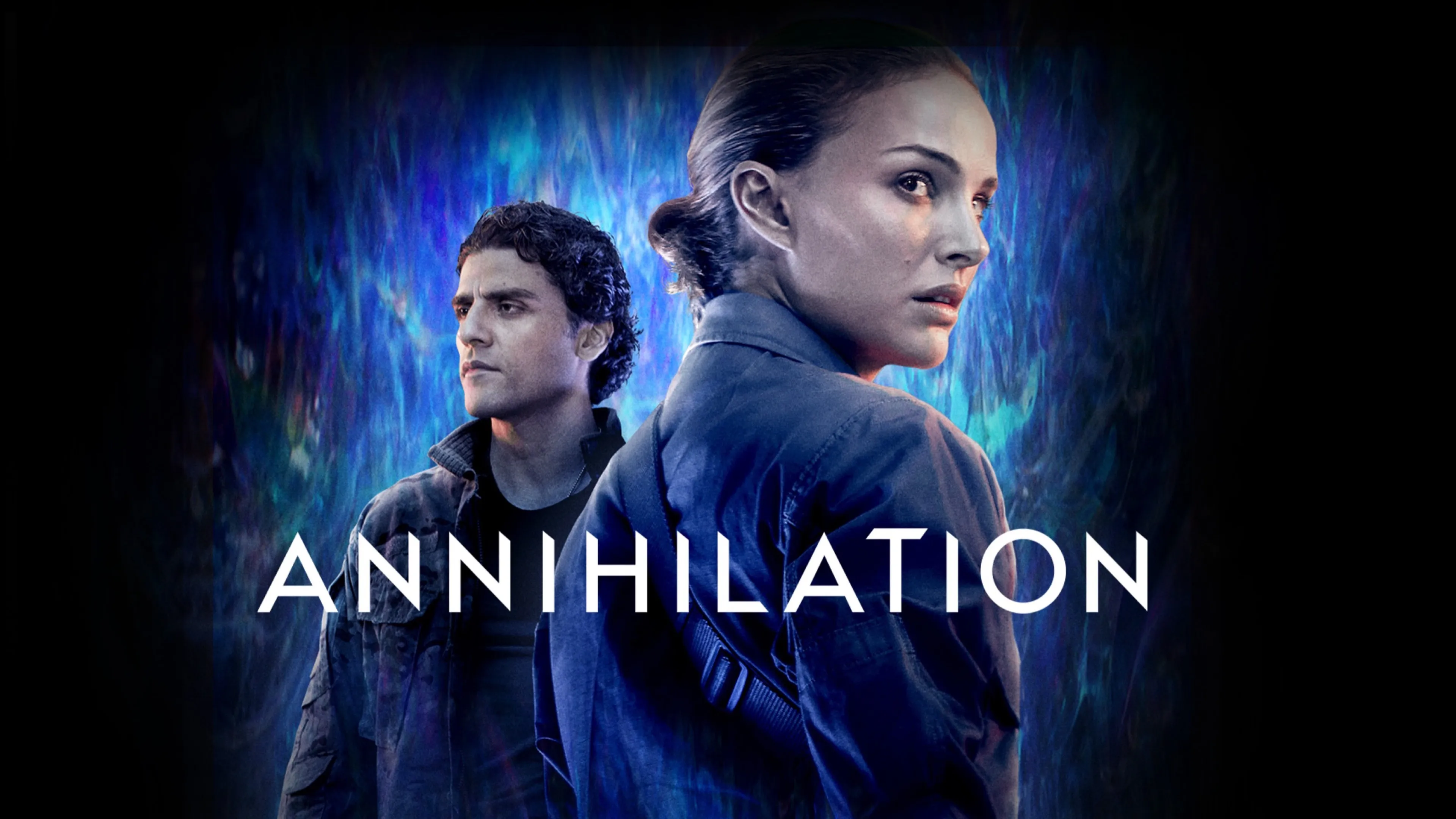Monsoon (2019) is a beautifully crafted drama directed by Hong Khaou that explores themes of identity, belonging, and self-discovery. The film follows Kit (played by Henry Golding), a British-Vietnamese man who returns to Vietnam for the first time since he fled the country as a child. As he navigates the bustling streets of Saigon and Hanoi, he embarks on a deeply personal journey to reconnect with his roots and understand the home he barely remembers.
Kit’s return is filled with both nostalgia and alienation. He struggles to recognize the land that was once his birthplace, feeling like an outsider in a place that should feel familiar. The film delicately portrays the emotions of displacement and cultural disconnection, making it a poignant reflection on the immigrant experience. Kit’s quiet, introspective nature contrasts with the vibrant and chaotic energy of Vietnam, highlighting the vast differences between past and present.

During his journey, Kit reconnects with childhood memories and meets various individuals who shape his experience. One of the most significant relationships in the film is his connection with Lewis (Parker Sawyers), an American who, like Kit, has ties to Vietnam through a complicated history. Their relationship adds layers of emotional depth, as they bond over their shared struggles with identity and belonging. Their romance unfolds naturally, reflecting both the beauty and uncertainty of love in an unfamiliar place.
Another key interaction is with Linh (Molly Harris), a local Vietnamese woman who helps Kit understand modern Vietnam and its rapid transformation. Through her, Kit gains insight into how the country has moved forward from its painful past, embracing globalization while still holding onto its traditions. Linh serves as a bridge between Kit’s lost heritage and the present-day Vietnam he is trying to understand.

The cinematography of Monsoon is stunning, capturing the beauty of Vietnam with poetic visuals. The film takes its time, allowing long, reflective shots of landscapes, city streets, and intimate conversations to immerse the audience in Kit’s journey. The slow pace mirrors Kit’s emotional process, giving viewers the space to absorb his quiet but powerful transformation.
One of the film’s greatest strengths is its subtle storytelling. Instead of dramatic conflicts or heavy exposition, Monsoon relies on moments of silence, body language, and unspoken emotions to convey Kit’s internal struggle. Henry Golding delivers a restrained yet deeply expressive performance, allowing the audience to feel his uncertainty, longing, and quiet moments of realization.

Beyond Kit’s personal story, Monsoon also explores broader themes of history, migration, and the impact of war. Vietnam’s past is ever-present, but the film does not dwell on it with overt political statements. Instead, it allows the characters to reflect on how history has shaped their lives, whether through the remnants of war, family trauma, or cultural shifts. The film’s approach is thoughtful and deeply human.
In conclusion, Monsoon is a beautifully meditative film that captures the complexities of identity and belonging. With its stunning visuals, heartfelt performances, and quiet emotional depth, it offers a deeply moving exploration of what it means to find home—not just in a place, but within oneself. It is a film that lingers in the mind, inviting viewers to reflect on their own connections to heritage, love, and self-discovery.




